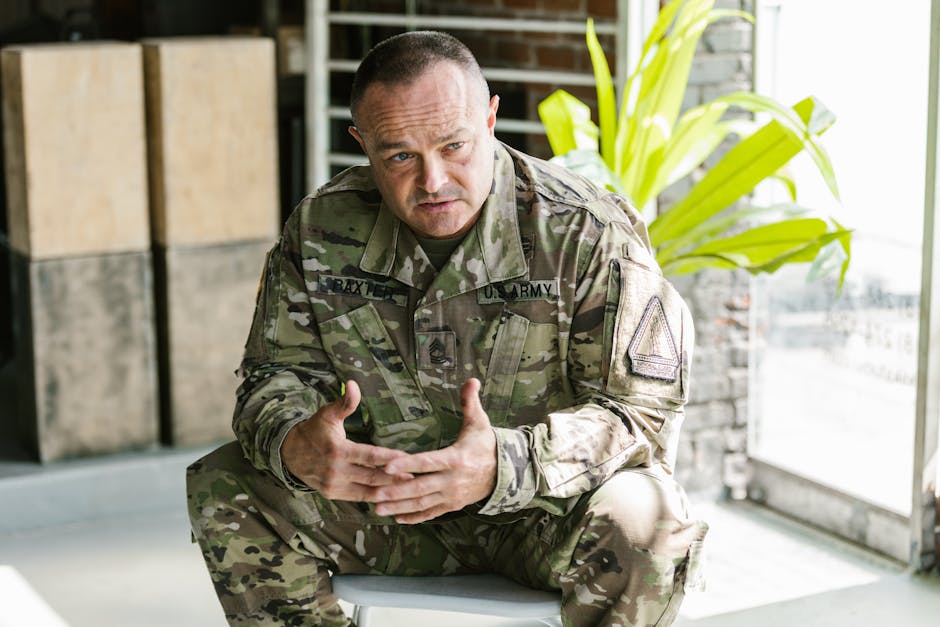The journey from military to civilian life is marked with numerous challenges, yet it’s accompanied by a host of benefits aimed at honoring the service and sacrifice of veterans and their families. Navigating through these advantages can be as daunting as it is rewarding. This guide aims to demystify the myriad of benefits available to veterans and their spouses, paving the way for a smoother transition and a more informed access to the support they rightfully deserve.
Introduction to Veterans’ Benefits
Entering the civilian world post-service offers a new frontier for veterans and their spouses—one filled with opportunities but also challenges. Understanding the scope and depth of benefits available is the first step in turning these challenges into opportunities. From health care to educational and employment support, these programs are designed to facilitate a smoother transition and ensure the well-being of those who have served.
Health Care Options for Veterans and Their Families
One of the cornerstone benefits for veterans is access to comprehensive health care through the Department of Veterans Affairs. This includes everything from routine check-ups to more specialized care and mental health services. For spouses and dependents, the Civilian Health and Medical Program of the Department of Veterans Affairs (CHAMPVA) emerges as a pivotal support system, covering many of the health care services they might need.
Moreover, the VA offers various programs aimed at specific health concerns prevalent within the veteran community, including PTSD and substance abuse. These targeted initiatives underscore the VA’s commitment to addressing the unique health challenges faced by veterans, offering a beacon of hope for many.
Educational Benefits for Veterans and Their Spouses
Education benefits stand as a vital bridge to career advancement for veterans and their spouses. The Post-9⁄11 GI Bill, for instance, doesn’t only cover tuition but also provides a housing allowance and stipend for books and supplies. Spouses can take advantage of the Transfer of Entitlement option, which allows veterans to transfer unused education benefits, ensuring their family members can also pursue higher education.
For those looking beyond traditional college degrees, the GI Bill supports apprenticeships and on-the-job training programs. This flexibility ensures that veterans and their spouses can find pathways to careers that resonate with their skills and aspirations.
Housing and Loan Assistance Programs
Securing a place to call home is a cornerstone of the transition into civilian life. The VA provides several housing benefits, including loan guaranty programs which help veterans obtain home loans with favorable terms, often without the need for a down payment. Beyond purchasing a home, there are programs aimed at helping veterans retain their homes, refurbish older properties, and adapt homes to accommodate service-connected disabilities.
Employment Support and Career Advancement
The transition to civilian employment is a crucial step for veterans, and myriad programs exist to ease this shift. The Vocational Rehabilitation and Employment (VR&E) program assists veterans with service-connected disabilities to prepare for, find, and maintain suitable employment. For veterans and spouses, the Department of Labor runs specialized employment programs offering career counseling, training, and job placement services.
Networking plays a critical role in job searches today, and several initiatives connect veterans with employers eager to hire those with military experience. These programs understand the unique skill sets veterans bring to the table, including leadership, discipline, and teamwork, translating military skills into civilian career success.
Mental Health and Counseling Services
Acknowledging the mental toll of service, the VA provides comprehensive mental health services, including counseling and therapy for individuals and groups. These services extend to spouses and dependents, recognizing the shared burden of military life. Programs such as the Veterans Crisis Line offer immediate support for those in need, reaffirming the commitment to the mental well-being of veterans and their families.
Community-based Vet Centers also play a pivotal role, offering a range of services from counseling for combat and sexual trauma to bereavement counseling for families who have lost a loved one in the line of duty. These centers emphasize a sensitive, respectful approach to healing and recovery.
Family Support and Survivor Benefits
The support network for veterans extends to their families, acknowledging the sacrifices made by spouses and children. Survivor benefits, including Dependency and Indemnity Compensation (DIC), ensure financial support for families of veterans who have died in the line of duty or from service-connected issues. There is also the Survivor’s and Dependent’s Educational Assistance (DEA) program, offering education benefits to eligible dependents of veterans who have died or are permanently disabled due to their service.
A Grateful Nation’s Support
Embarking on the post-service life can summon a mix of emotions for veterans and their spouses, ranging from pride in one’s service to anxiety about the future. The vast array of benefits discussed herein underscores the nation’s deep gratitude for their sacrifices. While tapping into these programs might seem overwhelming, they represent vital stepping stones towards a fulfilling civilian life. Veterans and their spouses are encouraged to explore these benefits thoroughly, as they offer not just a token of appreciation, but a solid foundation for their future endeavors.


